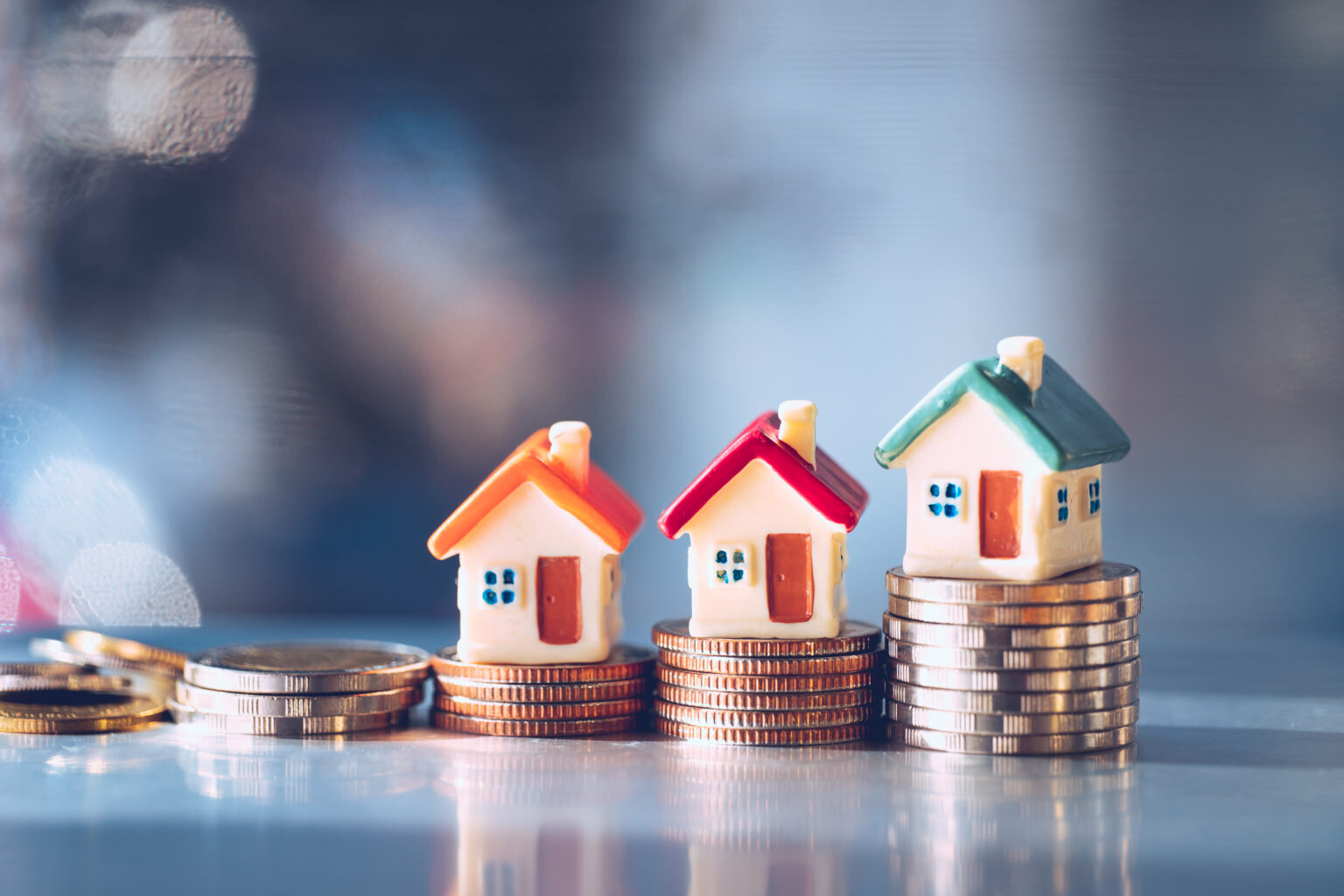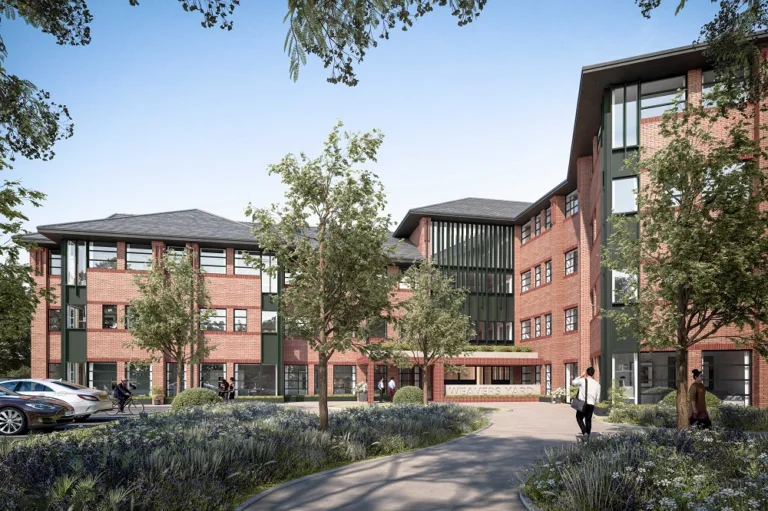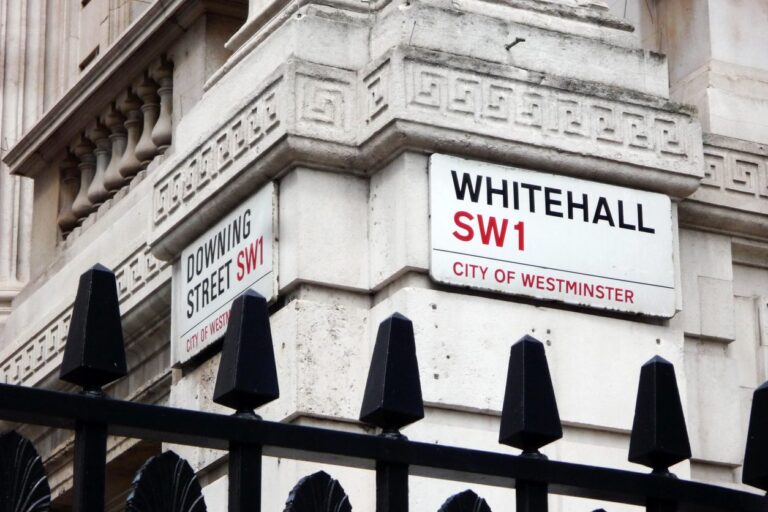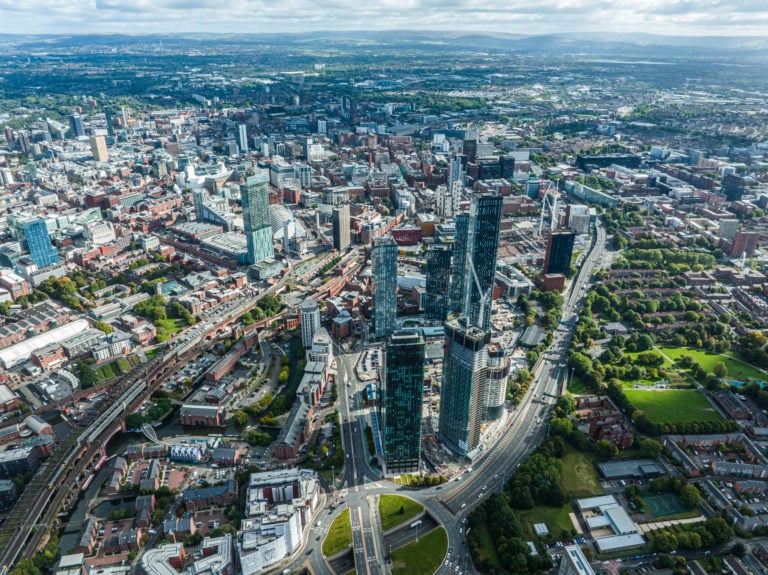The rate of capital appreciation is expected to fluctuate to some extent throughout the course of a property investment, and interest rates can have an impact.
Capital growth or capital appreciation are one of the key ways investors can expect to realise their returns, whether through ‘flipping’ a property after owning it for a short length of time – normally less than a year – or owning it for a prolonged period as house prices rise.
For example, UK house prices have increased by an average of 73% in the 10-year period between 2013 and 2023, according to data from the Office for National Statistics (ONS). During this time, there were periods of rapid acceleration – particularly post-Covid – and periods of stagnation, but ultimately, property investors who purchased homes 10 years ago and held on to them are likely to have seen significant capital appreciation.
These profits exist alongside any annual returns made through rental yields for investors who let out their properties. Location plays a major role, too – the north of England has seen much bigger percentage price rises than many parts of the south in recent years.
Predicting future house price changes is extremely difficult, as a wide range of factors can influence the market, from policies to wider global issues. At the moment, the UK is experiencing what many are describing as a correction after the huge house price surge that happened in the wake of Covid, alongside more challenging economic conditions, with most analysts expecting a return to steady growth.
What can affect capital appreciation?
For property investors seeking the maximum opportunity for capital appreciation, there are numerous things to take into account. Location, as mentioned above, plays a role; areas undergoing significant regeneration and improvement, for example, are likely to see house prices rise more swiftly.
The length of the investment period is another factor. As the ONS’s data shows, holding onto UK property for a longer period of time normally leads to greater gains. Some investors successfully buy cheaper property, add value through refurbishment, and sell for a profit, known as flipping.
At the moment, one factor that many believe is affecting the market and capital appreciation prospects is interest rates. After sitting at historic lows of 0.1% for a number of months, the Bank of England began hiking rates to their current level of 5.25%, where they have remained since last summer.
This has led to higher mortgage rates, which affect affordability as well as general market sentiment, and for property investors this is something to consider when working out how profitable an investment is going to be and how much capital appreciation you will see in the short, medium and long term.
The outlook for property prices
At the moment, the financial markets are expecting the Bank of England to reduce interest rates a number of times over the course of this year, and predicting that they will have been reduced to 3% by 2025. This will depend on the wider economic conditions.
Sarah Coles, head of personal finance at Hargreaves Lansdown, pointed out that recent house price figures are largely the result of the market responding to mortgage rate fluctuations.
“Mortgage rate rises have finally taken a toll on the housing market. Rising rates haven’t been an overnight sensation, but gradual upwards nudges through February and March have taken the average two-year fix from 5.56% at the end of January to 5.81% by the end of March.
“Rates have been rising ever since the banks decided they’d got ahead of themselves in assuming the Bank of England was going to cut rates in the spring. Now they’re convinced that rates will stay put until June or August, they’re boosting mortgage prices to reflect the new assumptions.
“Through February we had the price momentum of buyers who’d already agreed cheaper mortgages in January. Now that’s petering out, and prices have fallen.”
However, she believes that the current stagnation should be relatively short-lived, meaning short-term capital appreciation should be on the cards again before too long.
“There still remains a decent chance that this isn’t the beginning of a long run of price cuts. Prices are still higher than this time last year, and if we get the rate cuts we’re expecting, mortgages could get cheaper in the coming months, rejuvenating the market again.”










